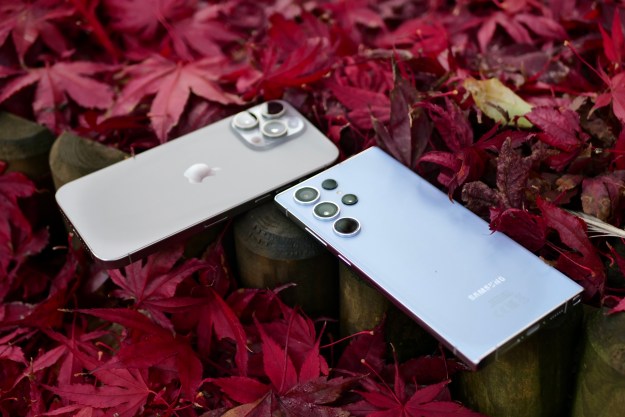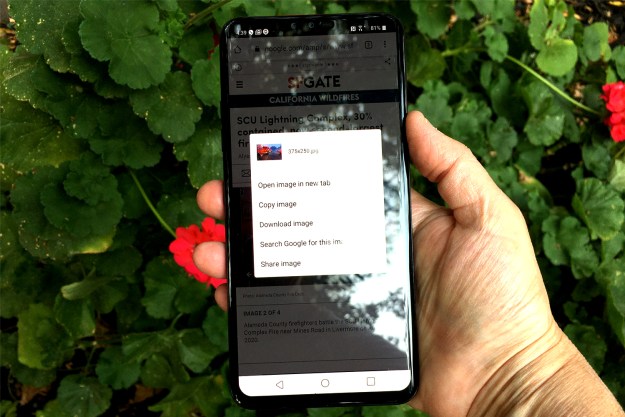
New data released by research firm IDC on Wednesday confirms what we pretty much already knew, though the specific stats it provides may prove interesting for some.
IDC’s analysis of the smartphone market shows that Android and iOS devices accounted for a whopping 95.7 percent of global shipments in the final three months of last year, an increase of 4.5 percent on the same period a year earlier. The pair secured 93.8 percent of the market for the whole of 2013 (up 6.1 percent on 2012), the first year on record where shipments of such devices crossed the billion mark.
It’s Google’s Android OS, however, that continues to push ahead in the market, with a Q4 2013 share of 78.1 percent, up from 70.3 percent a year earlier. Apple’s iOS, on the other hand, dropped more than 3 percent, from 20.9 percent in Q4 2012 to 17.6 percent last year.

At the other end of the scale, BlackBerry continues to lose users, with IDC’s data revealing the troubled company secured only 0.6 of the smartphone market in the final three months of 2013 against 3.2 percent in 2012. According to IDC, the Waterloo, Ontario company sold just 1.7 million smartphones in this period, compared to 7.4 million a year earlier. More worryingly, BB7 devices outpaced its new BB10 smartphones toward the close of the year, IDC noted.
With every quarter that passes, Windows Phone further establishes itself as the number three player, though still a small one. Its market share for Q4 2013 stood at 3 percent, up from 2.6 percent in 2012, with 8.8 million smartphones shipped at the close of last year compared to 6 million a year earlier.
IDC said in its report that although smartphone growth was strong last year, “the era of double-digit annual growth has only a few years remaining.”
Looking at its findings, IDC’s Ryan Reith pointed out that last year the sub-$200 smartphone market grew to 42.6% of global volume, or 430 million units.
He commented, “While the market moves downstream to cheaper products, it makes sense for Samsung and others to continue their marketing investments geared toward high-end products.
“These efforts build crucial brand perception while having less expensive alternatives that closely relate to these top products helps to close the deal. Samsung has done exactly this with the ‘Galaxy’ line. The family name is associated with Samsung’s high-end products, yet there are ‘Galaxy’ variants offered by Samsung at much lower price points than the Note 3 and S4. This has been an important factor in how Samsung has sustained its market lead.”
[Image: Kostenko Maxim / Shutterstock]
Editors' Recommendations
- An Apple insider just revealed how iOS 18’s AI features will work
- The 10 best photo editing apps for Android and iOS in 2024
- How to add a different home screen wallpaper on iOS 17
- The 7 biggest features we expect to see in iOS 18
- This could be our first look at iOS 18’s huge redesign


